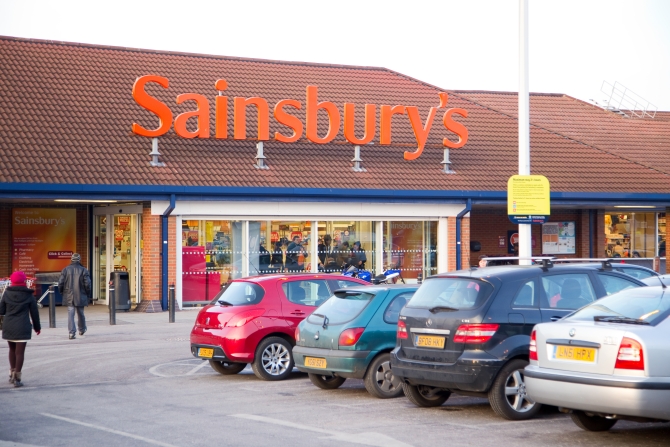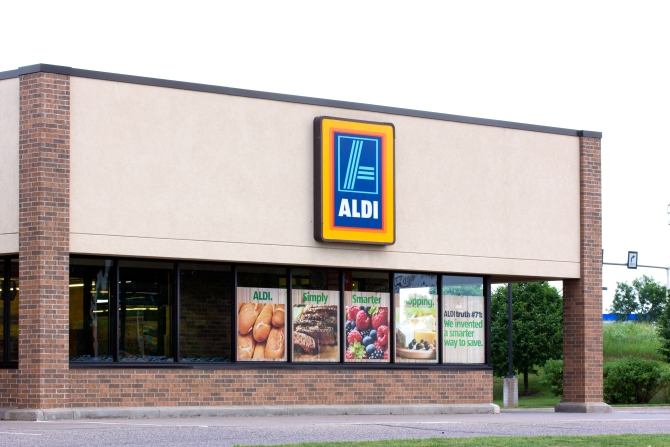As Sainsbury’s continues to fall further behind main rival Tesco in terms of sales, executives face the challenge of more effectively utilising selling space. Along with cutting back on new large format openings in order to focus on the expansion of its convenience network, the brand is now planning to convert existing supermarket space to sell non-food items.

According to chief financial officer John Rogers, the chain has identified around 1.5 million sq ft of space in its UK store network which could be adapted to sell non-food items rather than the grocery stock currently on display.
Representing 6 per cent of its overall portfolio, this space equates to the size of almost 40 supermarkets and reflects the increasing need for supermarket brands to adapt to changes in consumer behaviour.
Under the plans, around half of this space will be used to display Sainsbury’s collection of own brand homeware and kitchenware, along with its exclusive Tu clothing range developed in conjunction with Gok Wan.
The remaining half will be converted into concessionary units which will be sublet to high street retailers – Argos and Jessops, for example, have already entered into negotiations and signed preliminary deals for concessionary space within larger supermarkets.
Mr Rogers made the announcement during an event at one of Sainsbury’s south London stores, where he also revealed the supermarket brand’s intention to capitalise upon new development space through the residential market.
He believes that around £150 million in profits will be made through the construction, in association with Barratt Developments, of 440 flats above the brand’s Fulham supermarket which is currently being redeveloped, along with the construction of 750 flats above the branch close to Battersea Power Station.
The need for change became very apparent in Sainsbury’s most recent half year results, which showed that the grocery retailer suffered a pre-tax loss of £290 million.
This report included a warning that like for like sales are expected to continue to fall for several years to come, meaning that the brand would be wise to consider alternative uses for the 25 per cent of store space it had previously claimed was “underutilised”.

Sainsbury’s plight is nothing out of the ordinary in the current grocery climate, which has seen the Big Four struggle to adapt to changing consumer behaviour brought about by the combination of online retailing and the influx of cheaper imported discounters, Aldi and Lidl.
This has seen market share for the traditionally big players plummet, although Sainsbury’s has sought to fight back with the introduction of click and collect shopping and a new app, currently being trialled in selected stores nationwide.
The app will allow consumers to “pay as they go” during the weekly shop using their smartphones, which will be used to scan items as they are added to the trolley before taking a photo of their credit card or debit card to pay. While this may go a little way in appeasing more technologically savvy shoppers, however, it seems that cutting down on store space must still remain the top priority.
Previous Post
British Land’s 10 Portman Square Fully Let